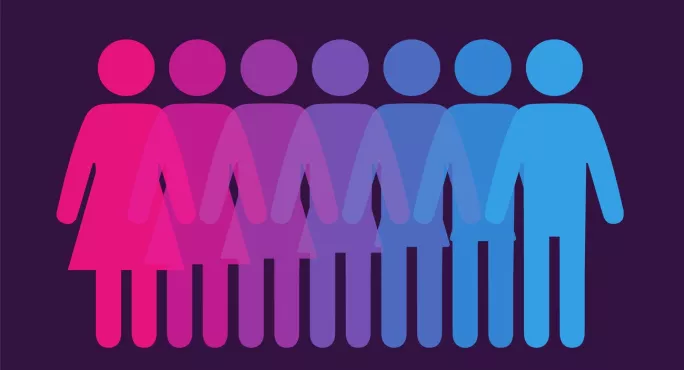I am not one to encourage stereotypes and I regularly try to be conscious about any potential subconscious gender bias. However, my experiences in schools suggest that girls do work harder, do complete their homework and do mess around a lot less than boys.
There are, of course, thousands of exceptionally hard-working, homework-completing boys out there and a handful of rather testing girls, too. But, on the whole, the stereotype does seem to hold true.
I wonder whether my view is isolated or if others find the same thing?
Different approaches for girls and boys
If it is a common viewpoint, I wonder how a “best-fit” behaviour model can work in a coeducational setting.
Observing the teenage girls that I teach, they have the desire to do well, to please the teacher, to learn through discussion and practice. For behaviour, I find that a lot of dialogic discussion, silent writing and maximum praise is the key to a productive classroom experience.
Boys are different. More and more, I find myself deploying vastly different teaching and behaviour strategies for the boys. Crystal clear instructions, shorter and more focused tasks and specific sets of requirements seem to work better for them. They respond to competition and praise. And once they know how high my expectations are, they reach, and exceed, them. However, they will usually try and get away with the least that they can at the start. I don’t have that problem with girls.
A positive first step
I recognise that this is controversial and I am not attempting to generalise beyond my own experience. But what I am interested in is whether other teachers have found the same issues.
Because since I accepted that the above is the case, I have found behaviour management so much easier. Acknowledging that the two genders may need treating in slightly different ways could be a positive first step (of many steps) for others, too.
Katie White is an English teacher in the South West of England




